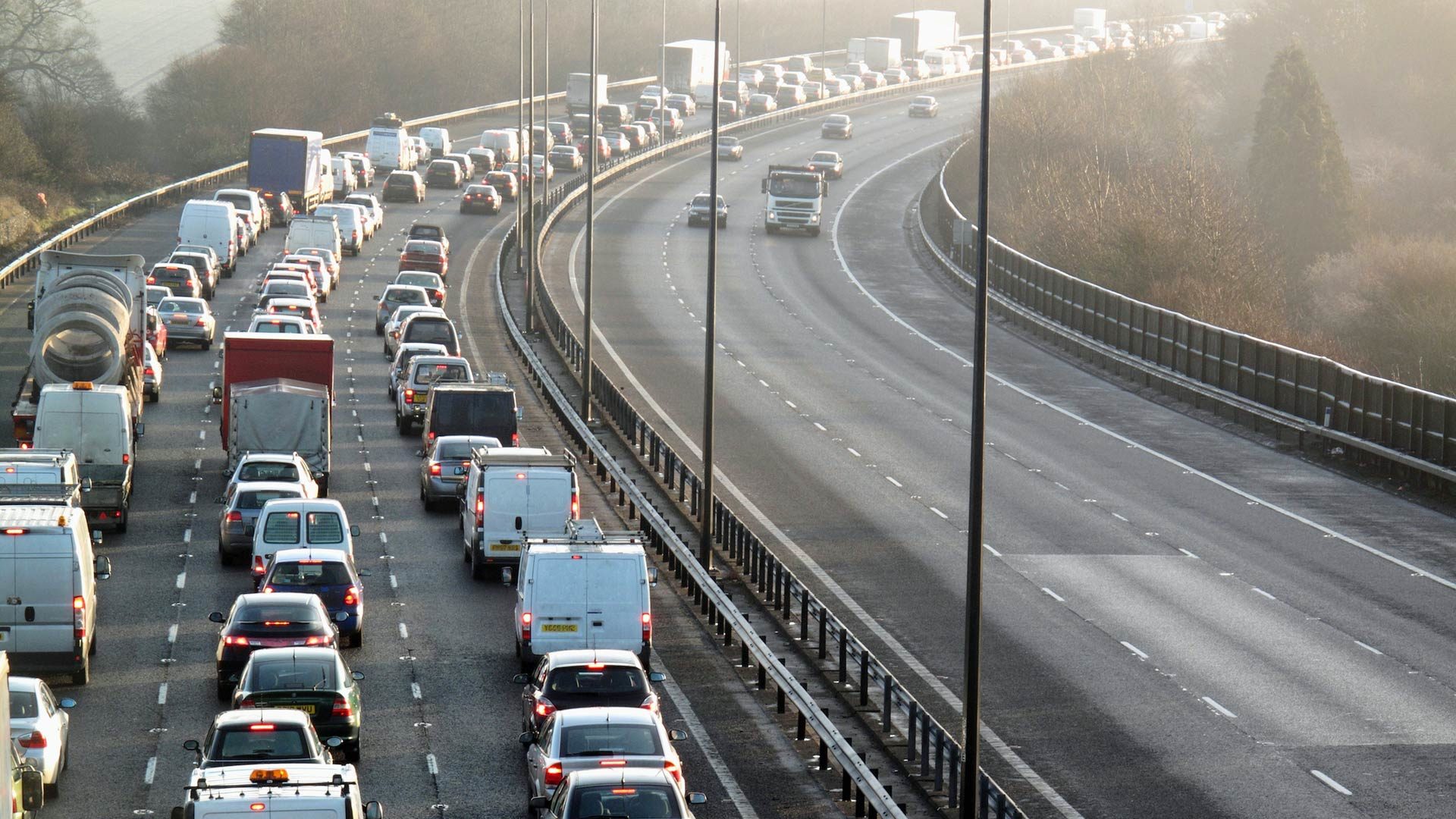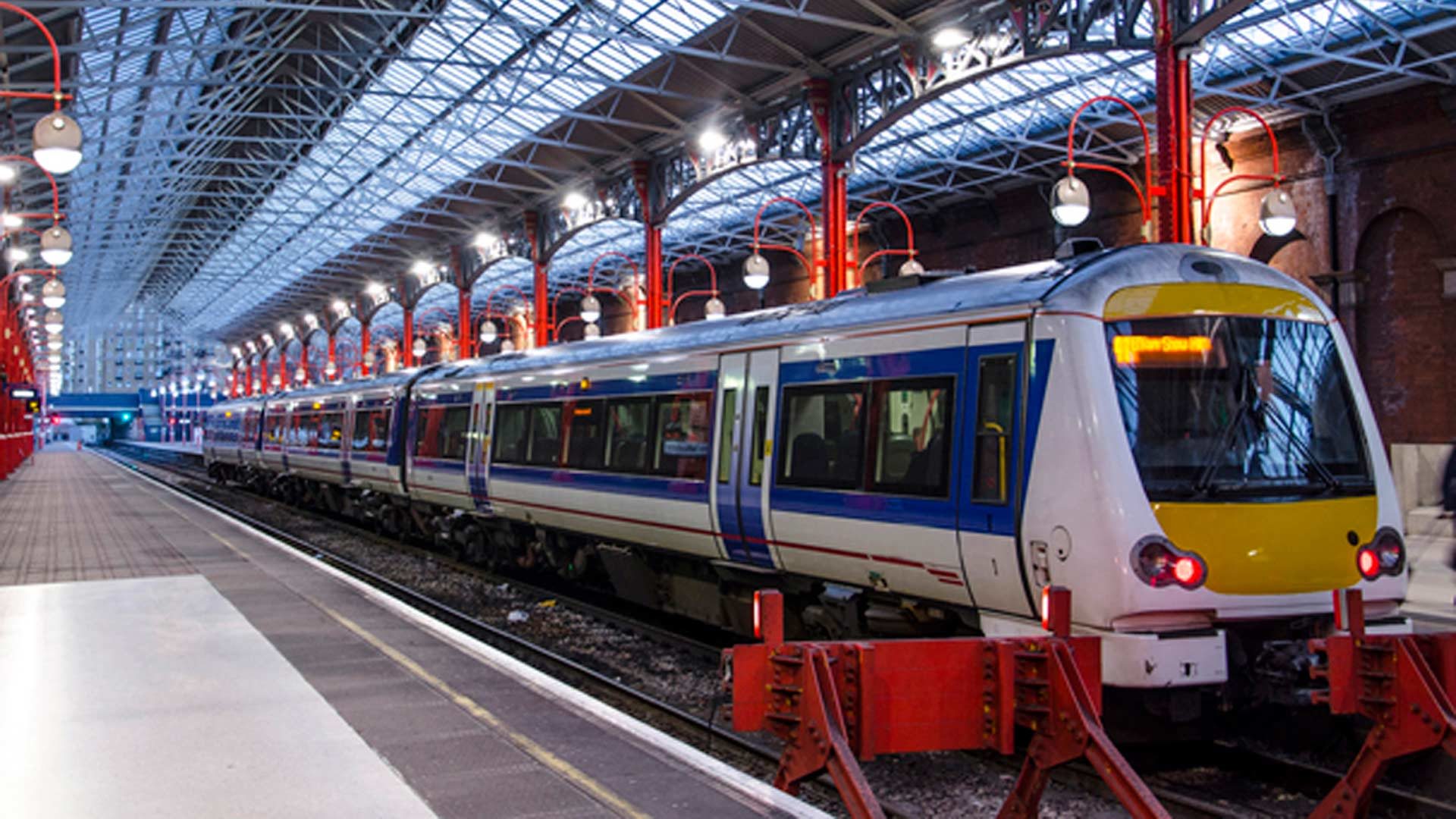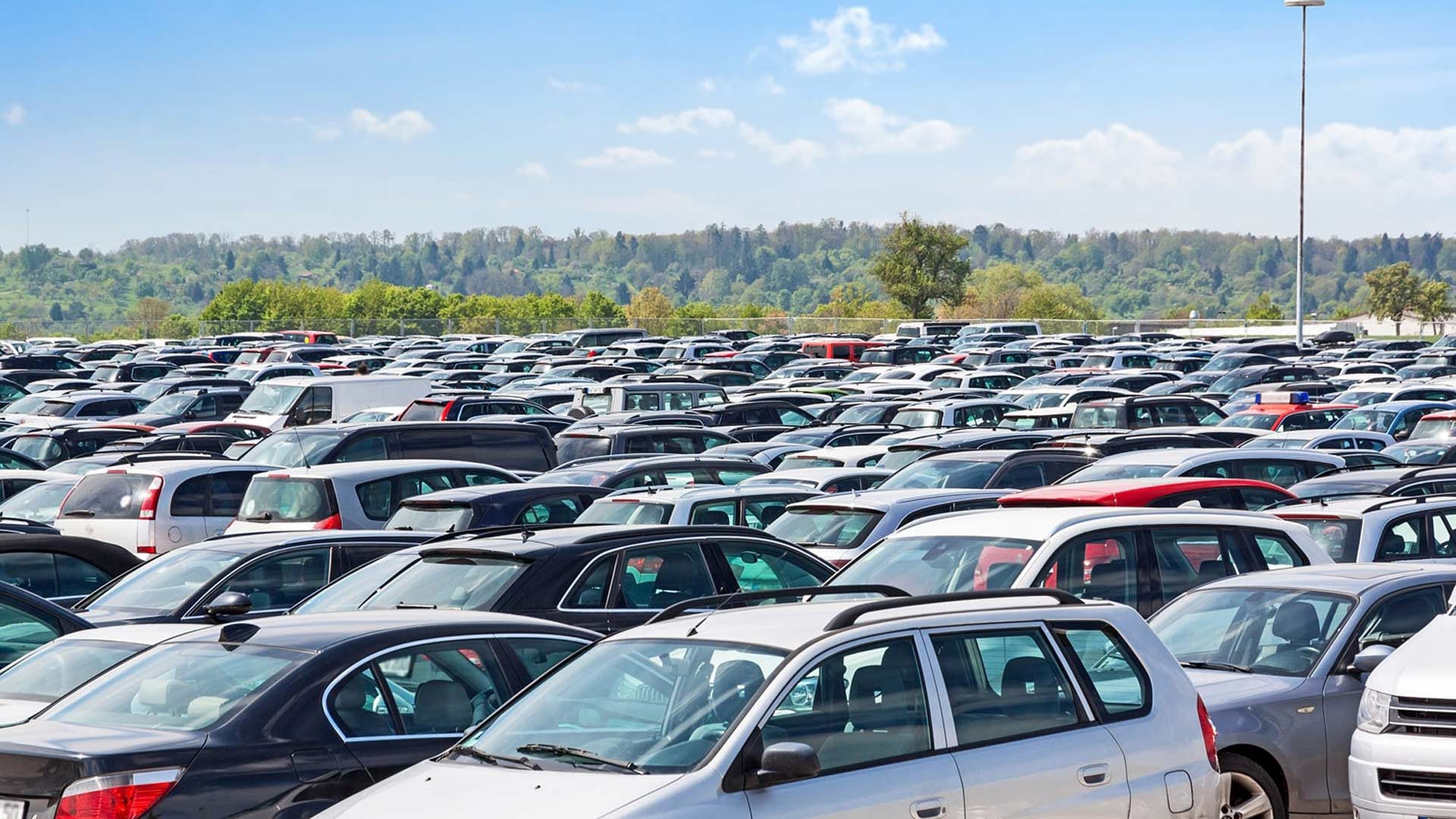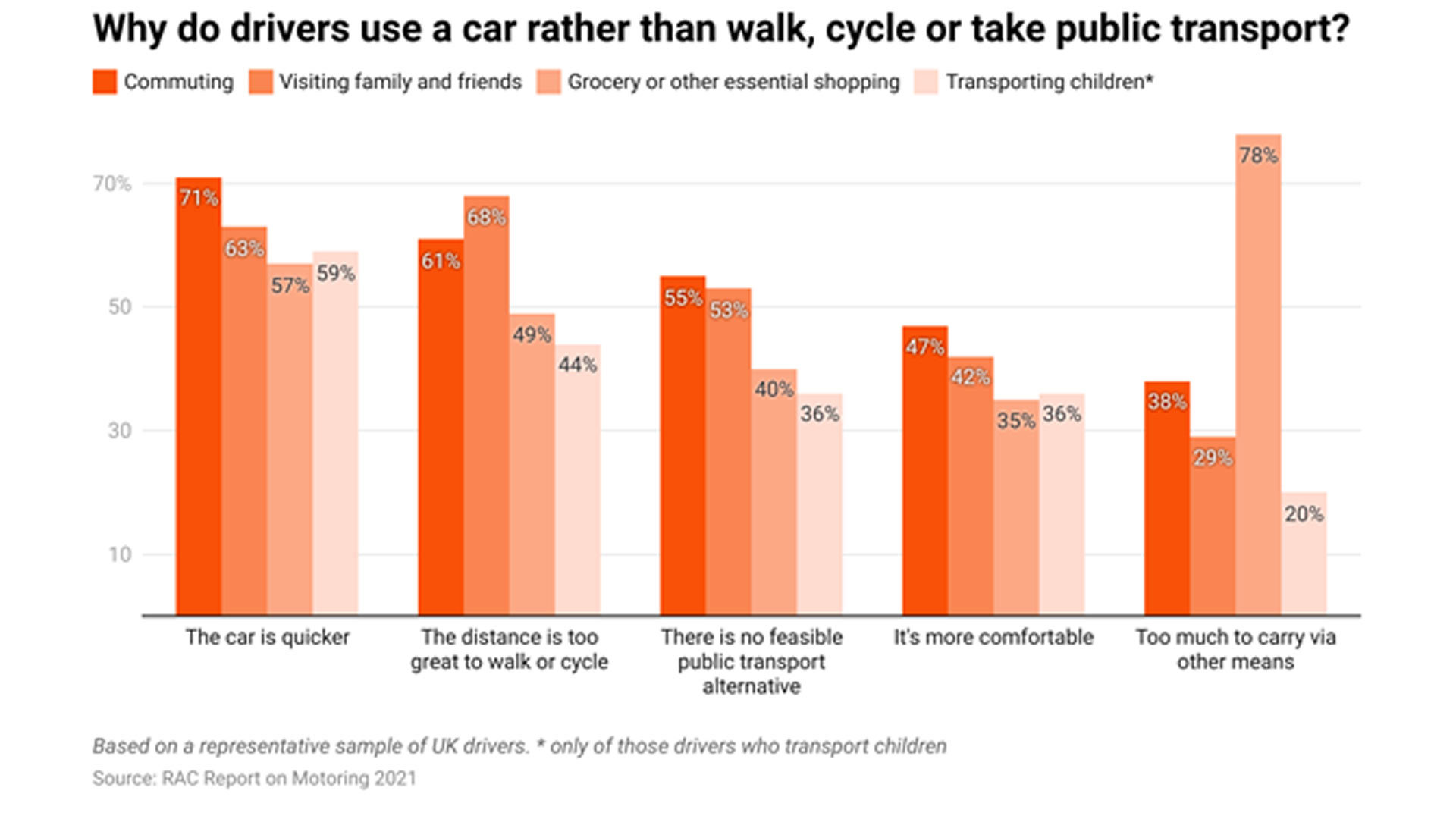
Although the traditional five-day working week could be over, motorists say they are still reliant on their cars.
Before the COVID-19 pandemic, some 49 percent of drivers commuted to work five days each week. Now, just 32 percent expect to do the same in the future.
Yet despite this predicted fall, research undertaken by the RAC has found increased levels of car dependency.
Daily commute coming to an end

Of those surveyed, driving to a workplace three times a week is likely to become the new normal. Almost one-fifth (19 percent) expect to stop commuting by car and work from home permanently.
Some 12 percent of respondents said they would continue to commute by bus, train, tube, walk or bike – as they had done before the pandemic.
Public transport has, predictably, fallen out of favour with commuters. Fewer than half of drivers (46 percent) said they would use their cars less if public transport improved.
This is a drop from 59 percent just three years ago.
Critically, 45 percent said they expect to use public transport less due to the pandemic. Only 22 percent now see it as an attractive alternative to the car.
Motoring reliance increases

The RAC’s Report on Motoring found that 82 percent of drivers said they would struggle without a car. It marks the highest level recorded since 2006, and increased from 74 percent in 2019.
Rural drivers (87 percent) were more likely than urban dwellers (77 percent) to be dependent on their cars.
Those in the West Midlands were most likely to rely on their cars, followed by drivers in Yorkshire and the North East.

Reasons for relying on a car focused on speed compared to public transport. The struggles of carrying everything when grocery shopping is also a concern.
RAC data insight spokesman Rod Dennis said: “One of the starkest findings from our report is around attitudes towards public transport.
“If the challenge faced by policymakers in getting drivers out of their cars before the pandemic was akin to trekking up a steep hill, our research suggests they now have a veritable mountain to climb.
“Just a fifth of drivers see public transport as an attractive alternative to driving and less than half say they would use their cars less even if public transport was improved.
“What’s more, most drivers say the pandemic has made them more wary of using public transport in the future.”
ALSO READ
Car industry welcomes government Net Zero Strategy
Google Maps to feature fuel-saving eco routing for motorists